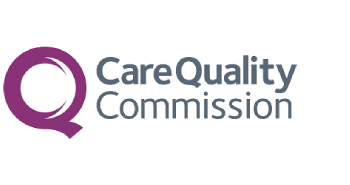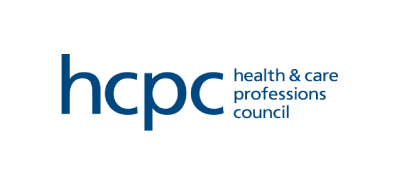ADHD and depression frequently occur together, and for many people, this combination can affect daily life in ways that are difficult to manage without support. Recognising how these conditions interact is a helpful first step toward getting the right help.
The Connection Between ADHD and Depression
People with ADHD are more likely to experience depression at some point in their lives. Studies show that adults with ADHD are around three times more likely to have major depressive disorder. In many cases, the ongoing stress and frustration linked to ADHD symptoms—like disorganisation, forgetfulness or impulsivity—can lead to low mood over time.
You can learn more about the assessment process for adult ADHD if you think undiagnosed ADHD might be part of your experience.
Symptom Overlap and Diagnostic Challenges
ADHD and depression share some features. Trouble concentrating, feeling restless, and disrupted sleep can be part of either condition. That can make it difficult to tell where one starts and the other ends.
Someone with ADHD may lose focus because they’re easily distracted. In depression, concentration might be affected because of low motivation or fatigue. If you’re experiencing both, it’s not always clear what’s causing what.
To understand the difference, it’s important to speak with a clinician trained in neurodevelopmental conditions like ADHD. You can find out more about our diagnostic services.
How It Affects Daily Life
When ADHD and depression occur together, they can make everyday life more difficult:
- Work or school can feel overwhelming.
- Social situations may become harder to manage.
- You might feel like you’re underachieving, even if you’re putting in effort.
This combination can also increase the risk of burnout or more severe mental health issues. At KPI:Access, we support people through a range of assessments for adults and children who may be dealing with multiple conditions.
What Helps
Treatment usually involves more than one approach. Medication may help with one or both conditions. Therapy, such as CBT, can provide tools for managing difficult thoughts and behaviours.
Lifestyle changes also help. Exercise, a consistent routine, and practical tools for managing tasks can support better mental wellbeing. If you’re interested in starting this process, you can book an appointment online without needing a referral.
Getting Support
If you recognise these patterns in yourself, it’s worth speaking to someone who understands how ADHD and depression work together. Our team takes a thorough and supportive approach to diagnosis and care.
Still have questions? Explore our latest news and resources for more information on ADHD, depression, and related conditions.
Support Networks and Resources
If you’re navigating life with ADHD, connecting with support networks and resources can be invaluable. Here are a few reliable organisations to explore:
- NHS ADHD Services: The NHS provides information and guidance on ADHD symptoms, diagnosis, and treatment options. Visit their ADHD support page for more details.
- ADHD Foundation: A UK-based charity that offers resources, webinars, and events to help people with ADHD and their families. You can learn more on their website at ADHD Foundation.
These organisations provide a wealth of information and can connect you with local support services.
FAQs
KPI:Access – How We Can Help
At KPI:Access, we specialise in providing accessible and affordable assessments for ADHD and ASD. Our goal is to reduce waiting times and offer high-quality, professional support to both children and adults.
Our team takes a compassionate and thorough approach to assessment. We understand that seeking a diagnosis can feel overwhelming, which is why we’re committed to providing a stress-free, supportive experience.
Why Choose KPI:Access?
- Fast appointments: No need to wait months for an assessment.
- No GP referral needed: Self-referrals are welcome.
- Expert care: Our clinicians are highly trained in ADHD and ASD diagnosis.
- Inclusive approach: We operate a no-exclusion policy, ensuring everyone receives the support they need.
Taking the step to get assessed could change your life. A diagnosis can unlock access to strategies and treatments that improve your quality of life, helping you reach your full potential.





